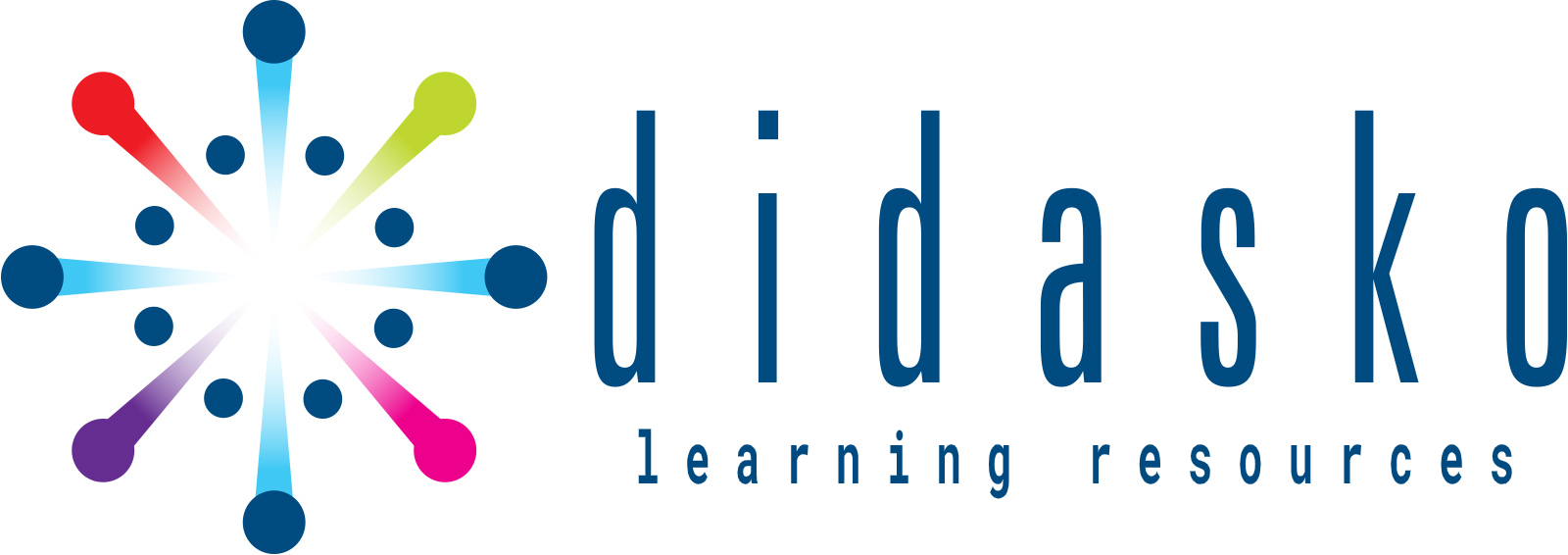Harnessing Technology: The Role of eLearning in Modern Vocational Training
 December 2023
December 2023

In the rapidly evolving educational landscape, the infusion of digital technology is revolutionising how knowledge is imparted and acquired. Vocational training is no exception. With the integration of technology in education, RTOs and TAFEs are poised to redefine their pedagogical approaches, making learning more accessible, adaptable, and aligned with the needs of today’s digital-savvy learners.
The Advantages of eLearning in Vocational Education
- Enhanced Accessibility: The advent of technology in education has catalysed a paradigm shift, making learning more inclusive than ever before. eLearning platforms dissolve the barriers of distance and time, granting students the flexibility to learn at their own pace, regardless of their location. This level of accessibility is particularly crucial for those balancing other commitments, such as work or family, ensuring that education is within reach for a broader audience.
- Scalability: As the demand for vocational education increases, learning technologies provide a sustainable model for growth. These digital solutions enable institutions to expand their reach to a larger student base without the proportional increase in physical infrastructure or resources. This scalability ensures that quality education is not sacrificed for expansion but rather enhanced by it.
- Diverse Learning Styles: Today’s eLearning platforms are versatile, catering to the myriad ways individuals absorb information. Whether it’s through visual aids like infographics and videos, auditory methods including podcasts and recorded lectures, or kinesthetic techniques facilitated by interactive simulations, digital learning environments are equipped to meet the varied preferences of learners, thus enhancing the overall educational experience.
- Up-to-Date Content: In the fast-paced world of vocational training, curricula must evolve continuously to reflect current industry practices. eLearning platforms excel in this regard, offering an agile framework for content to be updated swiftly and efficiently. This ensures that learners are always in sync with the latest tools, technologies, and methodologies relevant to their field.
- Trackable Progress: The use of modern eLearning systems brings the advantage of sophisticated analytics and reporting capabilities. Educators can track and analyse student performance data in granular detail, allowing for a more personalised approach to teaching and learning. This data-driven insight helps in identifying areas where students excel or struggle, enabling targeted interventions and support to foster each learner’s success.
In integrating these elements, vocational training institutions can leverage educational technology to create a dynamic, effective, and forward-thinking learning environment. The SIT40422, Certificate IV in Hospitality, is one such program that embodies the integration of cutting-edge eLearning strategies, preparing students to excel in the hospitality industry’s vibrant and varied sectors.
Modernising Vocational Training with eLearning
To stay relevant and effective, vocational institutions must harness the potential of educational technology. By doing so, they can offer more dynamic and interactive courses, like the SIT40422, Certificate IV in Hospitality, which benefits immensely from the incorporation of eLearning elements. This approach not only enriches the curriculum but also equips students with the digital literacy skills required in the modern workplace.
The digital transformation of RTOs and TAFEs through eLearning, particularly with courses like the SIT40422, and Certificate IV in Hospitality, signifies a major shift in vocational education. This modernisation isn’t just about adopting new technologies; it’s about redefining the learning experience. eLearning brings a level of flexibility and engagement that traditional methods may lack, making education more inclusive and adaptable to individual needs. This alignment with digital trends ensures that graduates are not just industry-ready but also digitally proficient, a crucial attribute in today’s technology-driven workplace.

The SIT40422 and eLearning Synergy
The interplay between the SIT40422 Certificate IV in Hospitality and eLearning is a testament to the transformative power of digital education. This program harnesses the latest in eLearning technology to replicate the bustling environment of the hospitality industry. Through the use of interactive simulations, learners can gain hands-on experience with booking systems, virtual customer service interactions, and event management—all within a controlled, virtual setting.
These digital simulations allow for a depth of understanding and skill development that’s challenging to achieve in a traditional classroom. Learners can experiment with different scenarios, learn from mistakes without real-world consequences, and receive instant feedback on their performance. This practical approach is invaluable in an industry where customer experience is paramount.
Moreover, eLearning platforms offer a diverse range of resources, such as video tutorials on food and beverage services, interactive modules on hospitality law, and forums for discussing event coordination strategies. This multimedia approach caters to various learning styles and ensures that students are engaged and motivated throughout their studies.
By integrating these advanced eLearning tools, the SIT40422 Certificate IV in Hospitality stands as a beacon of modern education, equipping students with the necessary skills to thrive in the fast-paced, ever-evolving world of hospitality. As the industry grows increasingly reliant on technology, graduates of this program will enter the workforce ready to meet the technological demands of their profession.
The real-world application of eLearning, especially in courses like the SIT40422 Certificate IV in Hospitality, is paramount. By incorporating simulations and virtual scenarios that mirror actual hospitality settings, students can gain practical insights and skills relevant to their future careers. These online tools not only provide theoretical knowledge but also allow learners to experience and navigate real-life situations, from managing customer service issues to handling operational challenges. This approach ensures that graduates are not just academically prepared but are also practically equipped to excel in the dynamic and tech-driven hospitality industry.
Embracing the Digital Revolution in Vocational Training with Didasko
The landscape of vocational training is being reshaped by learning technologies, moving from a supportive role to becoming the cornerstone of education delivery. For RTOs and TAFEs keen on staying ahead, embracing this digital shift is crucial. It’s about providing students with a competitive edge in a tech-driven marketplace. Didasko stands at the forefront of this evolution, offering state-of-the-art eLearning materials that are not just cutting-edge but also deeply engaging and tailored to the needs of today’s learners. Partnering with Didasko means choosing a leader in educational technology and ensuring your institution is well-equipped to train the workforce of the future today.




